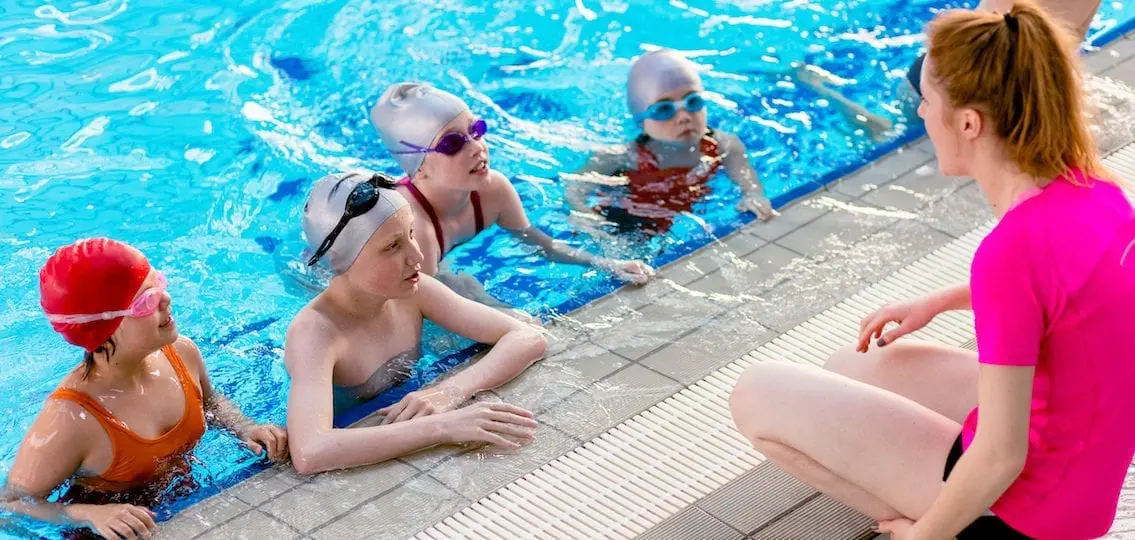In the early 1990s, I got my worker’s permit as soon as I was old enough to get one. I was 14. I was bored sitting at home all summer long, and I couldn’t wait to get a job. After all, I was too young to play like a little kid, and I loved the social aspect of making new friends by hanging out with kids my age and older.
And, of course, I was excited to earn some money so I could treat myself to some of the things my mother had refused to buy, which felt extremely liberating. I remember many of my friends being in the same boat—if they wanted extras, they had to earn the money. That, and the fact summer sports weren’t very time consuming, meant many of us spent our summers lifeguarding at the pool, folding sweaters at the mall, or scooping ice cream at the nearest restaurant.
This summer, my almost-16-year-old son is working with his father to earn money for a car. But I’ve noticed he is in the minority among his friends. Most of his peers are playing soccer or baseball throughout the summer break, attending sleep away camps, or doing volunteer work in order to plump up their college applications.
According to the Pew Research Center, there has been a notable dip in teens in the workforce during the summer months, despite the fact there are almost a million more working-age teens now than there were in 2000. Two decades ago, nearly half of all teens spent at least part of their summer working. Last summer, the number of working teens was around one-third.
A Different World
Among the reasons for the decline in working teens are:
- There are fewer entry-level jobs such as store clerks, which have previously been the leading employers of teens.
- The school year doesn’t end until late June for most students and often starts back up again in late August. By the time a teen is trained, they need to be replaced.
- More teens are participating in volunteer opportunities or taking summer classes to meet graduation requirements and improve their college admissions opportunities.
- There are more teens accepting internships during the summer months, which can’t be counted as employment.
A lot of parents I’ve spoken to recently also feel their teens’ school and sports commitments are greater than they were in the 1980s and 1990s. “My child does way more in school outside of the classroom than I ever did. That takes a ton of her time,” said Steve Howe, of his teen daughter.
Savor Being a Kid
Like me, other parents remember working at a young age but are encouraging their teen to take a different route. “It didn’t necessarily better me,” says Andi Lambert, who started working at 15. “My philosophy is, they have their whole adult lives to work and are only kids once. So I’ve opted to up the responsibilities at home instead.”
Alisa Dubay agrees with her. “We felt like our childhood was stripped because we had to work. Resentment guides us to teach them to savor these years.”
Some parents also note how busy their teens are with other aspects of their lives and aren’t in a hurry for their teens to work, especially when they don’t have a license or car of their own yet.
“Almost 80 percent of my kids’ friends play sports throughout the entire summer. Plus, they want some sort of social life too,” says Deborah Thorton.
Less Incentive to Work
Peter Galamaga is a teacher with three teenagers. “It’s a combination of kids not wanting to work and not having to work,” he says. “As a teacher, I see many kids graduate high school who have never held a job in their lives. I think many kids are sitting at home playing on their devices which are already paid for, so there isn’t a lot of incentive. ”
While some adults may think today’s teens are entitled and lazy, Gretchen Kelly has a different take on it.
“Yes, there are lazy kids today, but there were lazy kids when I was growing up in the ’80s and ’90s,” she says. “I see kids under enormous stress today to get good grades and get into college. The demands now are so extreme compared to when I went to school. And our teens are working way harder than we did at their age just to have a chance at a decent college.”
While there are a lot of factors that have contributed to the decline of working teens, anecdotal evidence suggests the percentage of kids with jobs won’t be on the upswing anytime soon. As for my teenagers, unless they are involved in school or sporting events during the summer, they know the rule: they will work like I did because I can’t stand hearing them say they’re bored while they sit with their noses in their phones.
